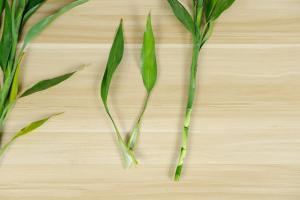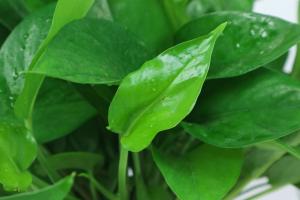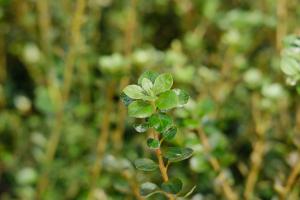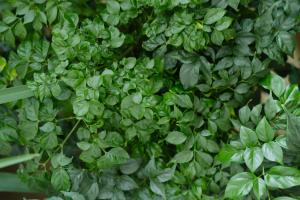Is Neem Oil Good for Vegetable Plants?
Neem oil is a natural, plant-based oil that has been used in agriculture for centuries. Its popularity is increasing among organic gardeners as a safe and effective way to control pests on their vegetable plants. In this article, we will explore the benefits and drawbacks of using neem oil on your vegetable plants.
What is Neem Oil?
Neem oil is extracted from the seeds of the neem tree, a plant native to India. It has been used for centuries in Ayurvedic medicine as a treatment for various ailments. Neem oil is rich in azadirachtin, a compound that acts as an insecticide and has antifungal properties. It is also a natural repellent, making it an effective solution for controlling pests in your vegetable garden.
The Benefits of Using Neem Oil on Vegetable Plants
One of the biggest benefits of neem oil is that it is a natural solution. It is safe for your plants, your family, and the environment. Unlike synthetic pesticides, neem oil breaks down quickly in the soil, leaving no residue behind. It is also effective against a wide range of pests, including aphids, whiteflies, spider mites, and cabbage worms.
In addition to its pest control properties, neem oil has other benefits for your vegetable plants. It can help improve soil quality by increasing the amount of organic matter and nitrogen in the soil. It also has antifungal properties, which can be helpful in preventing plant diseases.
The Drawbacks of Using Neem Oil on Vegetable Plants
While neem oil is generally safe for your plants, there are some drawbacks to using it. One of the biggest is that it can be harmful to beneficial insects, such as bees and butterflies, if not used correctly. Neem oil is a broad-spectrum pesticide, meaning it can kill both pests and beneficial insects if oversprayed.
Another drawback of neem oil is that it can have a strong, unpleasant odor. Some people find the smell of neem oil offensive, and it may linger on your plants for several days after application.
How to Use Neem Oil on Vegetable Plants
If you decide to use neem oil on your vegetable plants, it is important to use it correctly to ensure the safety of your plants and the environment. Here are some tips on how to use neem oil:
Choose a pure, cold-pressed neem oil for the best quality.
Mix neem oil with water according to the instructions on the bottle.
Spray the solution on your plants, making sure to cover the tops and bottoms of the leaves.
Apply neem oil in the evening or on a cloudy day to avoid harming beneficial insects.
Repeat application every 7-14 days or as needed.
Conclusion
Overall, neem oil can be a safe and effective solution for controlling pests on your vegetable plants. Its natural properties and broad-spectrum effectiveness make it a popular choice among organic gardeners. However, it is important to use neem oil correctly and be aware of its potential drawbacks. As with any pest control method, neem oil should be used in conjunction with good gardening practices, such as proper watering and soil management, to ensure the health and vitality of your vegetable plants.

 how many times do yo...
how many times do yo... how many planted tre...
how many planted tre... how many pine trees ...
how many pine trees ... how many pecan trees...
how many pecan trees... how many plants comp...
how many plants comp... how many plants can ...
how many plants can ... how many plants and ...
how many plants and ... how many pepper plan...
how many pepper plan...































